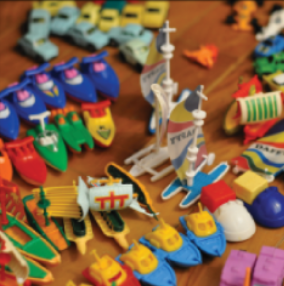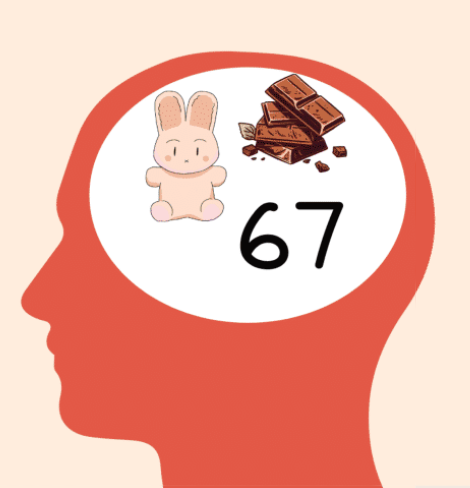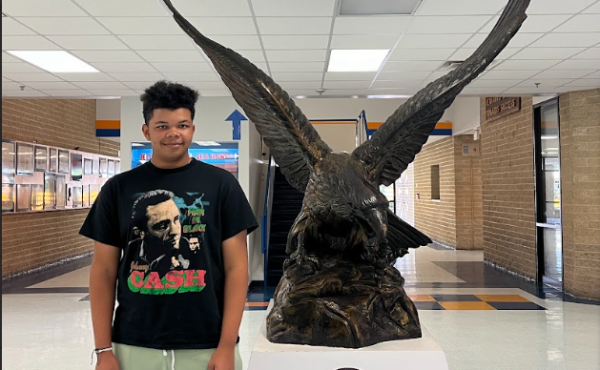From writing wish lists to the North Pole for Santa to read to mindlessly clicking a mouse and digitally placing items in an Amazon wishlist, Christmas gifts have drastically changed over the years. Despite the change, the veiled feeling of yearning and nostalgia lingers around every December as we decorate white Christmas trees or bake cookies with families.
There’s an abundance of reasons as to why the longing for Christmas as kids gets stronger every year. Possibly the biggest reason is that as we get older, we continue to be less naive and lose our sense of imagination.
Almost everyone who celebrates Christmas grew up knowing the big, jolly man in the red suit that would magically slide down their chimneys to leave a variety of seamlessly wrapped gifts under the decorated tree. A decade ago, the belief and faith in Santa Claus were strong throughout the children.
“Go to bed and close your doors!” my mom would say to us, putting us to bed earlier than usual. Pushed into one room, my siblings and I would cup our ears against the bedroom door, hoping to hear the ringing of bells of heavy footsteps trodding above our heads. The smell of vanilla and fresh baked cookies still lingered under the doors. The slightest noise would scare us back into bed and under the covers, the anticipation killing us faster than we could fall asleep.
No one questioned their mother’s handwriting being on the tags that read our names or how their parents never let them enter their closet as Christmas time neared. It wasn’t until we started to notice those little things that many questions arose in our heads. Parents couldn’t keep up the facade any longer and spilled the truth, breaking the hearts and minds of their children. Soon, those same children would do the same to their naive friends who had no such idea that the jolly man in the red suit was actually their father.
Yet, even though the news was spread through word of mouth, the digital age also came upon us and those children became the age-appropriate age to discover social media like Snapchat and Instagram. Now, it was easier to break the news to everyone around you and more.
Unsurprisingly, the curse of social media has a major part to play in our Christmas nostalgia as well. Not only was it a form of spreading the news about false beliefs, but social media has also been a culprit in creating facades to make Christmas more than it really was.
Every year, people around the world promote Christmas time earlier and earlier in the year on apps like TikTok. In doing so, they’re creating false hopes and building expectations only to be let down when the actual time comes. Generally, social media would hype up Christmas time and even go as far as to push the nostalgia in your face, causing you to feel it.
Of course, again, as we get older, we have to shoulder more responsibilities and there are shifts in expectations. Children tend to always be the receivers of joy, whereas, as teenagers and/or adults, they have to be the ones giving joy to others. Shopping, planning, and hosting for Christmas festivities feels more and more like work rather than the magical time we knew as kids.
Not only do our responsibilities get heavier, but family dynamics seem to also change over time. Dynamics between families are huge parts to play when the holidays come around; so as they change, you’re no longer smelling Grandma’s freshly cooked breakfast nor are you able to see the bounty of gifts below her tree because your parents cut ties with her. This obviously creates a longing for times that were simpler which feeds into nostalgia.
Another small, but hefty, factor that plays into this is the fact that our desires for Christmas also change over time. As kids, we were more immersed in tangible items like gaming consoles, doll sets, or even legos. Now, we’re more interested in the experience and feeling said items give us.
The gifts that people want now tend to range from simple, nice dinners to taking trips across the nation. Most people are now leaning more towards intangible items and want to have the fulfilled experience of doing activities rather than have tangible items and such.
While our celebrations for Christmas have varied over the years, the spirit of the holiday has stayed the same: the yearning to connect, give, and even experience a jolly Christmas. Whether it be through treasured memories of reindeer hooves on our ceiling or the mature satisfaction of being able to create those moments for others, Christmas will always be a day that inspires togetherness. Despite our expectations for the holiday changing, the true meaning has never been about the gifts we’ve received, but the laughter and cherished memories we shared with others that truly make the holiday magical.









